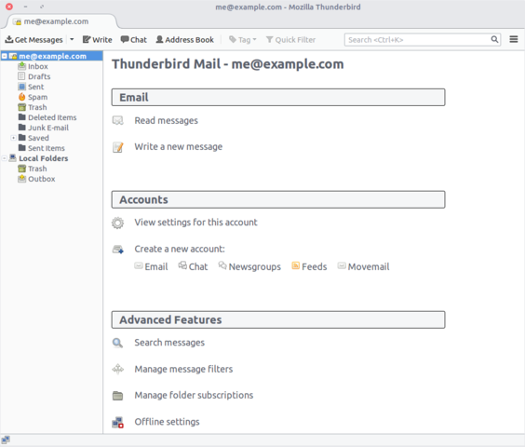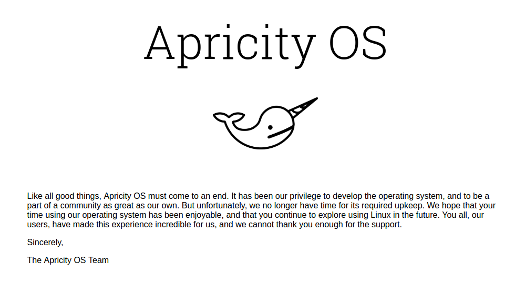Actually, the incident reads more like vandalism than ransomware, but it still illustrates that the DMCA is bad law.

I’ll betcha never figured that one of the things you could do with a DMCA take down notice was use it as ransomware. In a case that proves that if you write bad law it’ll be exploited in more ways than you can imagine, that’s now been done. Forget the record and movie industries moves to take down innocent YouTube posts by misidentifying content as infringing — or misunderstanding fair use.
Christine Hall has been a journalist since 1971. In 2001, she began writing a weekly consumer computer column and started covering Linux and FOSS in 2002 after making the switch to GNU/Linux. Follow her on Twitter: @BrideOfLinux














